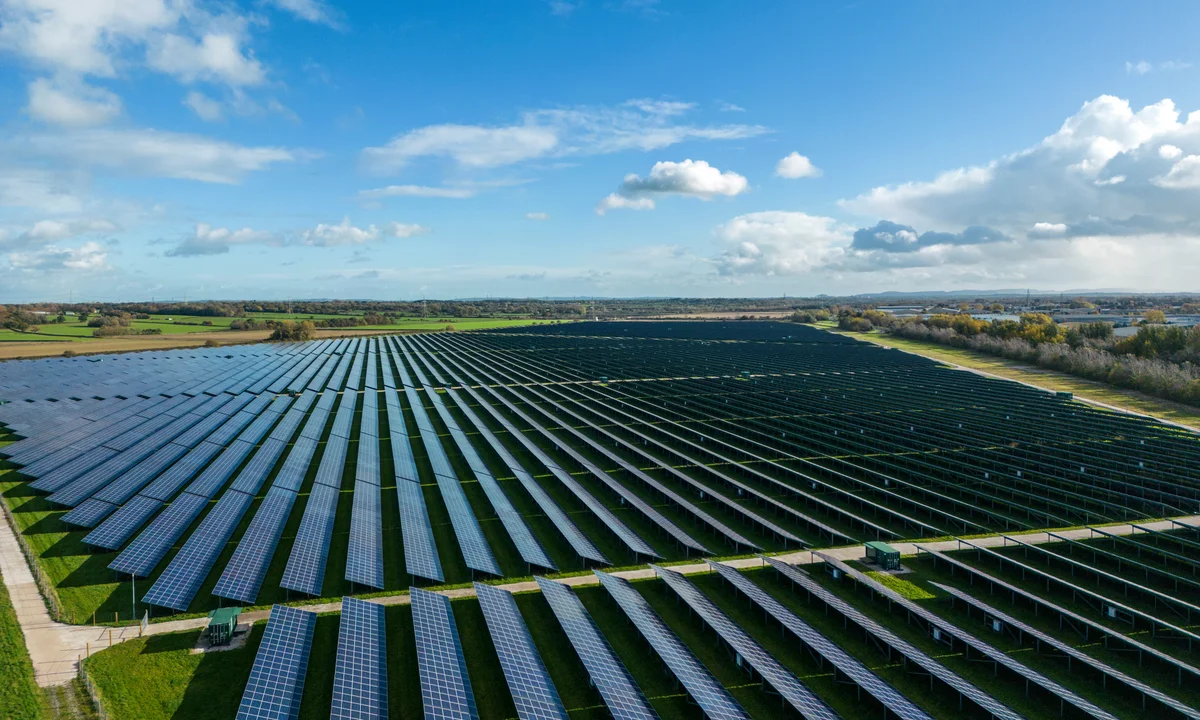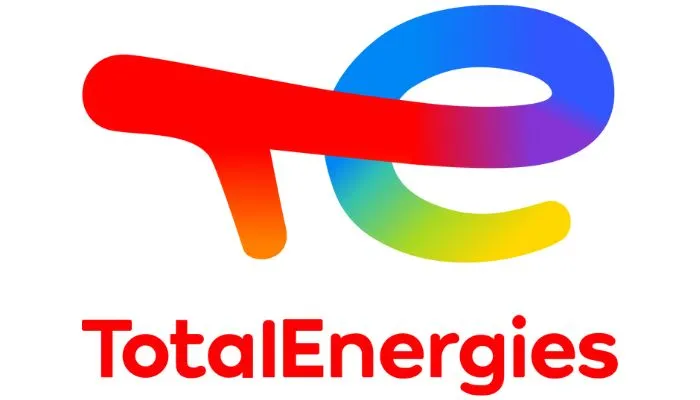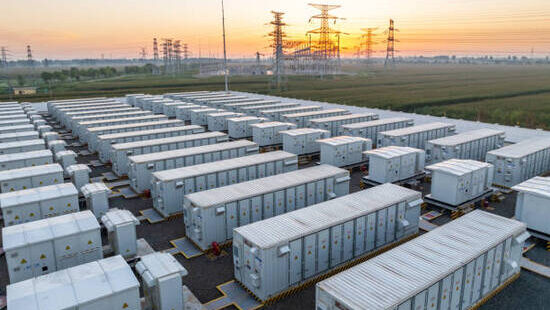
TotalEnergies Inaugurates Largest Solar Field in Europe, Strengthening Its Renewable Energy Leadership in Spain
TotalEnergies has officially launched its most extensive solar energy installation in Europe, marking a significant milestone in both the company’s renewable energy expansion and Spain’s ambitious energy transition plans. Located near Sevilla, in the sun-soaked region of Andalucía, the project consists of a cluster of five large-scale solar farms. With a combined installed capacity of 263 megawatts (MW), these sites are poised to produce 515 gigawatt-hours (GWh) of renewable electricity annually—enough to meet the power needs of over 150,000 Spanish households.
This achievement is not just a technical and logistical feat, but a meaningful step in the broader European strategy to decarbonize the energy sector, reduce dependency on fossil fuels, and create sustainable economic development. Inaugurated with strong support from local and national authorities, this renewable energy initiative exemplifies the kind of public-private cooperation necessary to meet climate goals set under the European Green Deal and the Paris Agreement.
A Major Renewable Milestone in Spain
The Sevilla solar complex stands out as one of the most prominent renewable infrastructure undertakings in Spain and across Southern Europe. Consisting of approximately 400,000 bifacial solar panels mounted on advanced solar trackers, the project leverages state-of-the-art technology to maximize energy output. Bifacial panels capture sunlight from both sides, enhancing efficiency, while solar trackers allow the panels to follow the sun’s path across the sky, further boosting generation potential.
The electricity produced will be primarily commercialized through long-term power purchase agreements (PPAs) with businesses seeking to decarbonize their operations. These types of agreements are growing in popularity as corporations worldwide strive to meet environmental, social, and governance (ESG) goals. The remaining power will be sold on Spain’s wholesale electricity market, contributing to the country’s grid with clean, sustainable energy.
According to TotalEnergies, this single solar cluster will prevent the release of approximately 245,000 tons of carbon dioxide (CO₂) emissions annually. For context, that’s roughly equivalent to taking over 50,000 fossil fuel-powered cars off the road every year. Such statistics underscore the potential of utility-scale renewable projects in achieving real climate impact.
Economic Benefits and Strategic Importance
Beyond the obvious environmental advantages, the solar field also brings considerable economic benefits to the local region. The Government of Andalucía officially recognized the project as being of “strategic interest,” facilitating streamlined permitting processes and enabling collaboration across multiple stakeholders.
The construction phase of the project directly involved 14 different companies, more than half of which were based in the province of Sevilla. This created approximately 800 direct and indirect jobs, spanning sectors such as engineering, civil works, logistics, and panel assembly. Many of these roles were filled by local talent, reflecting TotalEnergies’ commitment to investing in communities where it operates.
Olivier Jouny, Senior Vice President Renewables at TotalEnergies, emphasized the importance of this collaboration:
“We warmly thank the Spanish authorities at both the regional and national levels for supporting this solar project that is contributing to Spain’s ambition of 80% of renewables in its mix by 2030,” he said. “With our 1,700 employees in Spain, we are building a competitive Integrated Power portfolio that combines renewables and flexible gas-fired power plants to deliver clean firm power to our customers. We are proud to be the fourth-largest provider of electricity, gas, and related services in Spain, where we have more than 2 million residential and professional customers.”
This integrated model is central to TotalEnergies’ broader strategy of transforming itself from a traditional oil and gas major into a multi-energy company positioned for a low-carbon future.
TotalEnergies’ Integrated Power Strategy: Balancing Reliability and Sustainability

The Sevilla solar field is a key component of TotalEnergies’ Integrated Power business model, which combines renewable generation (solar, onshore and offshore wind) with flexible assets such as combined-cycle gas turbines (CCGTs) and battery energy storage systems. This mix allows the company to provide “clean firm power”—reliable energy that doesn’t compromise sustainability.
This approach addresses one of the core challenges of renewable energy: intermittency. Solar and wind power are not always available, but by integrating them with flexible backup systems, TotalEnergies ensures that electricity remains available around the clock. This reliability is critical not only for residential users but also for industrial customers that require consistent energy supply for their operations.
As of March 2025, TotalEnergies’ global renewable portfolio includes 28 gigawatts (GW) of gross installed capacity. The company aims to increase this figure to 35 GW by the end of 2025, with a longer-term goal of generating more than 100 terawatt-hours (TWh) of net electricity by 2030. These ambitious targets are backed by substantial investment and a growing workforce, both of which are essential to scaling up clean energy infrastructure globally.
Spain as a Renewable Energy Powerhouse
Spain is emerging as one of Europe’s most dynamic renewable energy markets. With abundant sun, wind, and land, the country offers ideal conditions for developing utility-scale projects. The government has set a target of sourcing 80% of its electricity from renewable sources by 2030, up from around 50% today. This includes massive growth in solar and wind capacity, grid modernization, and regulatory reform to encourage investment and innovation.
TotalEnergies’ presence in Spain is a testament to the country’s attractiveness as a destination for clean energy development. With more than 1,700 employees and over 2 million customers across its energy services, the company is playing a pivotal role in Spain’s decarbonization journey.
Spain also serves as a strategic platform for TotalEnergies to advance its broader European and global objectives. Given the EU’s ambitious net-zero targets and the rising demand for sustainable power from both public and private sectors, projects like the Sevilla solar cluster set the stage for similar initiatives in other regions.
Technological Innovation and Environmental Stewardship
A key feature of the Sevilla solar complex is its use of bifacial solar panels. Unlike traditional monofacial panels that absorb sunlight from a single side, bifacial modules can capture reflected light from the ground and surrounding surfaces, increasing total energy yield. This technology is especially effective in sun-drenched environments like southern Spain, where solar irradiation is high throughout the year.
The use of solar trackers further enhances efficiency. These devices automatically tilt the panels to follow the sun’s movement across the sky, allowing for maximum energy capture throughout the day. This smart infrastructure not only increases output but also improves the project’s economic viability.
Additionally, TotalEnergies has implemented a range of environmental and social safeguards to ensure that the project is sustainable in the broadest sense. These include biodiversity conservation measures, waste minimization strategies, and community engagement initiatives to involve local stakeholders in the project’s long-term success.
A Renewable Future
TotalEnergies’ inauguration of the largest solar cluster in Europe is more than just a corporate milestone—it is a symbol of the energy transition currently reshaping global markets. As traditional energy systems give way to decentralized, clean power solutions, companies that can innovate and scale effectively will be the ones to lead the next chapter of the energy era.
For Spain, the Sevilla project highlights how renewable energy can drive regional development, reduce emissions, and provide a model for public-private cooperation. For TotalEnergies, it cements the company’s position as a front-runner in the race toward a low-carbon economy.
With bold targets, advanced technology, and a comprehensive strategy that blends renewables with flexible power generation, TotalEnergies is charting a course toward a future where sustainability and reliability go hand in hand. The company’s solar achievement in Spain is not just a project—it’s a preview of the world that energy leaders are now working to build.







